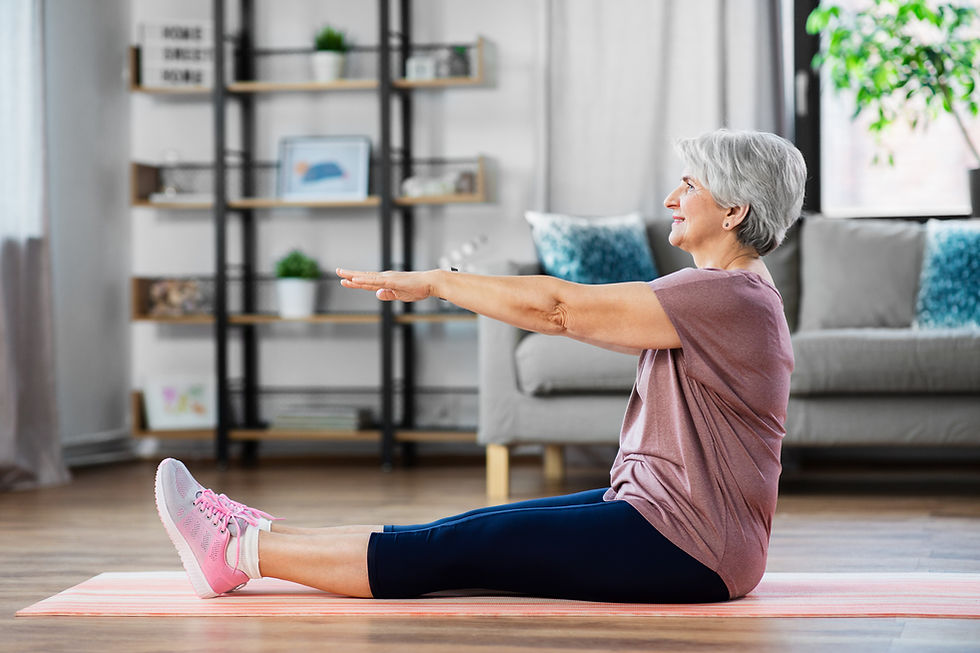Improve Your Posture, Improve Your Life
- Dr. Colasanti
- Jan 22, 2024
- 2 min read
How many times growing up did you hear, “Sit up straight!”
Your parents were right to be concerned about your posture!
Poor posture can be defined as when our spine is held in an unnatural position. When we think of our spine, it's important to remember:
Your spine houses your nerves.
Your nerves control every aspect of your body.
According to the American Journal of Pain Management, posture affects and moderates every physiological function from breathing to hormone production.
Good or bad, posture affects:
Lung capacity
Blood pressure
Hormone regulation
Muscle and skeletal function
Digestion
Homeostasis and autonomic regulation (your body’s normal healthy state, controlled without conscious effort)
When you have good posture, your body’s muscles, joints and ligaments work more efficiently, allowing your organs and nervous systems to function properly and as intended.
Physical symptoms of poor posture
Upper or lower back pain
Neck or shoulder pain
Tension headaches
Limb pain or numbness
Fatigue
Common causes of poor posture
Past injuries or pain
Mental and physical stress
Excess weight and/or a sedentary lifestyle
Muscle weakness, tightness, weak core muscles
Work demands and lifestyle choices
Limited range of motion (muscle or joint)
High heels and restrictive clothing
Help for poor posture
Make a habit to be mindful of your posture several times a day and work towards improvement.
Pull your shoulders back and down your spine, bringing them in line with your neck
Straighten and lengthen your spine
Bring your shoulders and hips in line and engage your stomach muscles
Be sure your head is positioned straight up from your neck
Helpful treatments to improve your posture
Chiropractic adjustment
Soft tissue manipulation - massage therapy
Stretching to help with flexibility and range of motion
Strengthening exercises
Chiropractic advice for improved ergonomics in your home, work and active life
Your chiropractor can assess and diagnose your posture and determine the best methods, exercises and actions to help you improve your posture and spinal health. For more information or to book your chiropractic appointment for your postural assessment, please call our office: 519-258-8544

.png)



Comments